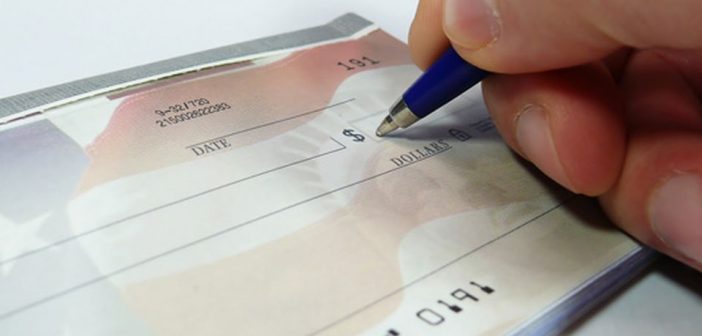In today’s fast-paced digital age, the way we handle money and conduct financial transactions has undergone a significant transformation. With the advent of faster and more convenient electronic payment methods, the once-reliable cheque is gradually becoming redundant in India. However, despite the emergence of these modern alternatives, banks continue to issue cheques for various reasons. This article explores the reasons behind the decline of cheques and why they are still issued by financial institutions.
The Rise of Electronic Transfers:
Electronic transfers have revolutionized the way money moves in India. Online banking, mobile wallets, and UPI (Unified Payments Interface) have emerged as swift and secure methods for transferring funds. These methods offer several advantages over traditional cheques:
- Speed: Electronic transfers are almost instantaneous, enabling individuals and businesses to send and receive money within seconds, eliminating the delays associated with cheque clearance.
- Convenience: Sending money electronically can be done from the comfort of one’s home or office, 24/7, without the need to visit a bank branch or write physical cheques.
- Cost-Effective: Electronic transactions are often more cost-effective, with lower or no transaction charges, especially for small amounts.
- Security: Electronic transfers are highly secure, with multiple layers of authentication and encryption, reducing the risk of fraud.
Reasons for the Decline of Cheques:
Several factors have contributed to the diminishing popularity of cheques in India:
- Time-Consuming Process: Cheques involve a lengthy and time-consuming process, from writing the cheque to its physical delivery, depositing it in the recipient’s bank account, and waiting for it to clear.
- Risk of Bouncing: Cheques can bounce due to insufficient funds in the issuer’s account, leading to inconvenience and financial disputes.
- Transaction Costs: Banks often charge fees for processing cheques, making them less cost-effective compared to electronic transfers.
- Environmental Concerns: In an era focused on sustainability, the use of paper cheques contributes to deforestation and environmental concerns.
Why Banks Continue to Issue Cheques:
Despite the decline in popularity, banks continue to issue cheques for various reasons:
- Customer Preferences: Some customers, particularly older individuals and businesses, still prefer using cheques due to familiarity and trust in the system.
- Legal Framework: Cheques are legally recognized as a valid mode of payment, and they continue to serve as an important financial instrument in various legal and contractual transactions.
- Accessibility: Not everyone in India has access to smartphones or reliable internet connections. Cheques offer a more accessible payment option for those in remote or underserved areas.
- Fallback Option: Cheques serve as a backup or fallback option when electronic payment methods encounter technical issues or downtime.
- Financial Inclusion: Cheques can be used as a tool for financial inclusion, enabling individuals without a digital footprint to participate in the formal banking system.
- Corporate Use: Many corporations still use cheques for bulk payments, including salaries, vendor payments, and dividends.
The Way Forward:
While the decline of cheques is evident, they are unlikely to vanish entirely in the near future. However, the financial industry must continue to encourage and promote electronic payment methods for their efficiency, cost-effectiveness, and environmental benefits. Public awareness campaigns can educate individuals and businesses about the advantages of electronic transfers while ensuring that those who rely on cheques are not left behind.
In conclusion, as India progresses towards a more digitally connected future, cheques are gradually becoming a relic of the past. Electronic transfers offer speed, convenience, and security that cheques cannot match. Nevertheless, banks continue to issue cheques to accommodate a diverse range of customer preferences, ensure financial inclusion, and provide a reliable fallback option in an increasingly digital landscape. Balancing the coexistence of traditional and modern payment methods will be crucial in navigating this financial transition.






